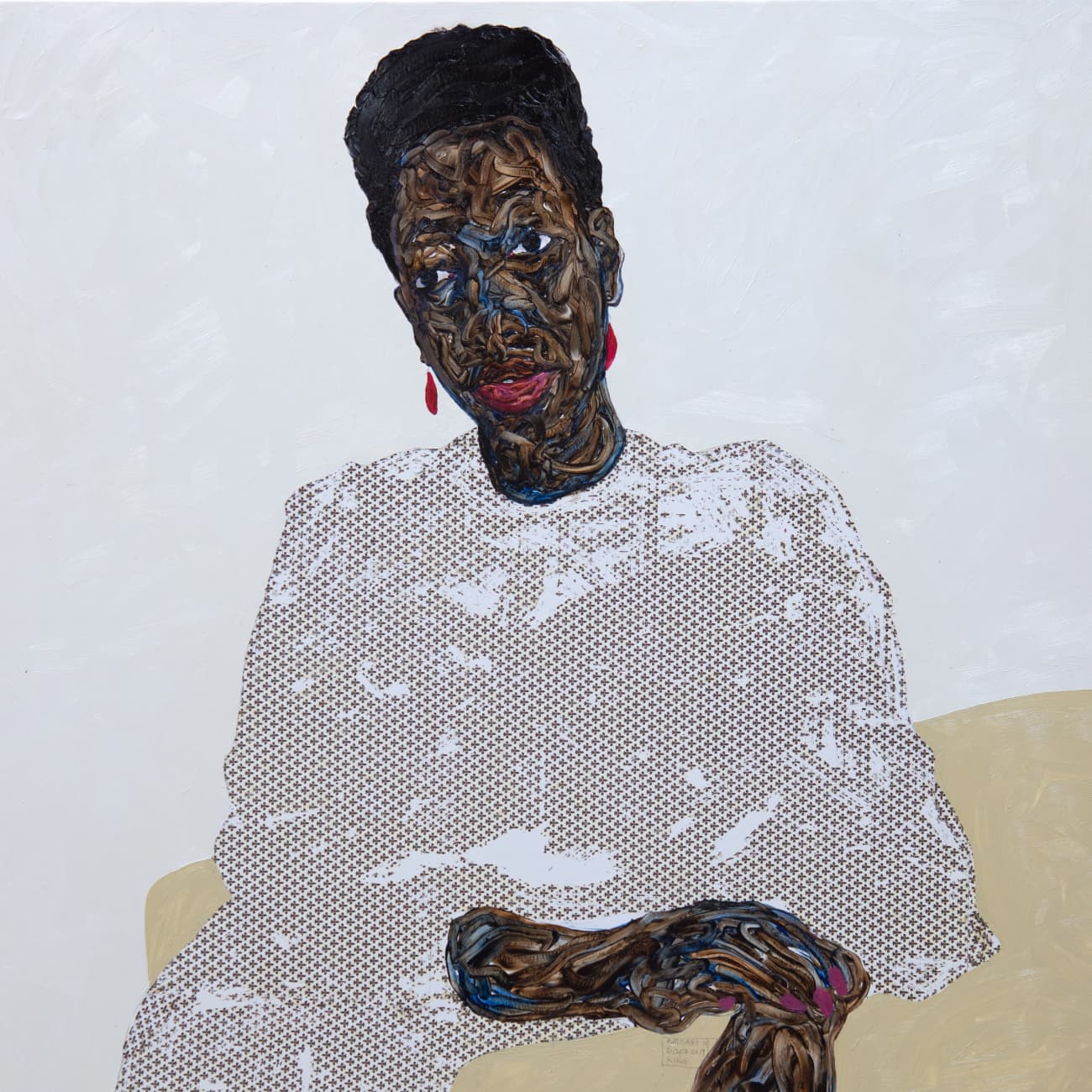The Legacies of Two Great American Heroes

I recently read two truly inspiring biographies on American heroes, And There Was Light: Abraham Lincoln and the American Struggle, by Pulitzer Prize-winning historian Jon Meacham and King: A Life, by Jonathan Eig. Reading these acclaimed authors' latest books back to back is the way to go. They do a great job of storytelling in a way where the audience can grasp the reality of the moment and the greatness of both of these men – even though, at the time, they were in constant doubt about their impact.
Meacham’s book examines how and why Lincoln refused to accept secession, attacks on democracy, and the tragedy of slavery in order to bring about his vision for America. He starts with Lincoln’s journey from his early years as a farm boy in Kentucky. He goes on to describe his move from law to politics and then to the presidency and his assassination in 1865. Meacham pays close attention to the influences on Lincoln's ideas and values and how he aligned his views with the emerging Republican Party, an administration that at the time brought welfare to a persecuted and disadvantaged minority.
He depicts Lincoln as a president with a sense of integrity and strong principles which governed a divided nation, offering valuable lessons for our own society. His presidency was marked by intense opposition and admiration as he navigated a clash of visions encompassing money, race, identity, and faith. Highlighting Lincoln’s love for reading and learning, Meacham writes, “Once, when a Republican congressman from Massachusetts accused Lincoln of having changed his mind, Lincoln replied, “Yes, I have; and I don’t think much of a man who is not wiser today than he was yesterday.”

Eig’s biography of Martin Luther King is another intimate portrait that speaks to our times. He traces King’s progress from Morehouse College in Atlanta to Crozer Theological Seminary and his doctoral studies at Boston University. It was in Boston that he met Coretta Scott. She, too, became an activist in her own right, pursuing her passion for civil rights and social reform while raising a family.
King’s life changed when Montgomery, Alabama, resident Rosa Parks refused to give up her seat for a white passenger in December 1955. At that time, he was a new pastor at Dexter Avenue Baptist Church in Montgomery. Ready to fight, King was selected to lead the boycott. Following a supreme court victory, King became the energetic national face of a revitalized African American freedom movement.
Eig delves into his struggles with self-doubt and human frailties. Often under threat, King was also harassed by the FBI and was sent audiotape evidence of his many extramarital affairs, along with a suggestion that he either step down or kill himself before being exposed.
What emerges is an exhaustively researched story of the man who changed American race relations by insisting on social justice. He was also a strong advocate of reparations for African American people following centuries of bondage and oppression.
I highly recommend both of these terrific and extremely readable books. They are valuable resources for anyone interested in two of America’s greatest leaders, and those who care to reflect on our present moment of polarization. Lincoln and King’s narratives serve as reminders of how heroic behavior and a powerful vision can bring about colossal change and reshape history. Although the struggle continues, it’s hard to imagine where we would be without Abraham Lincoln and Martin Luther King Jr.'s ethics, commitment, and brilliance.






.avif)



